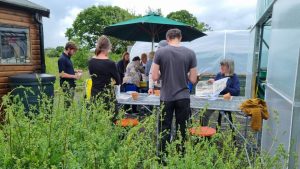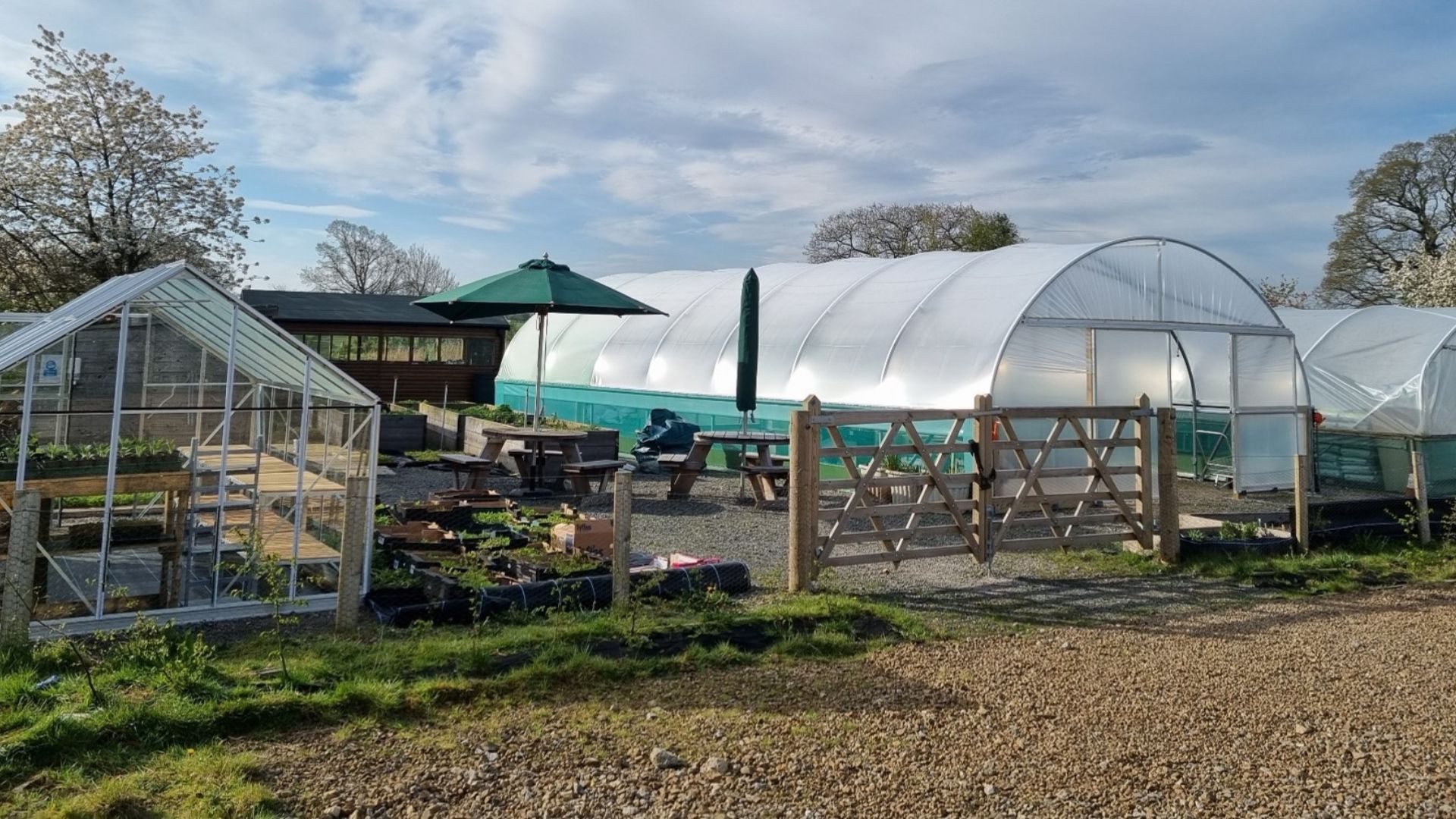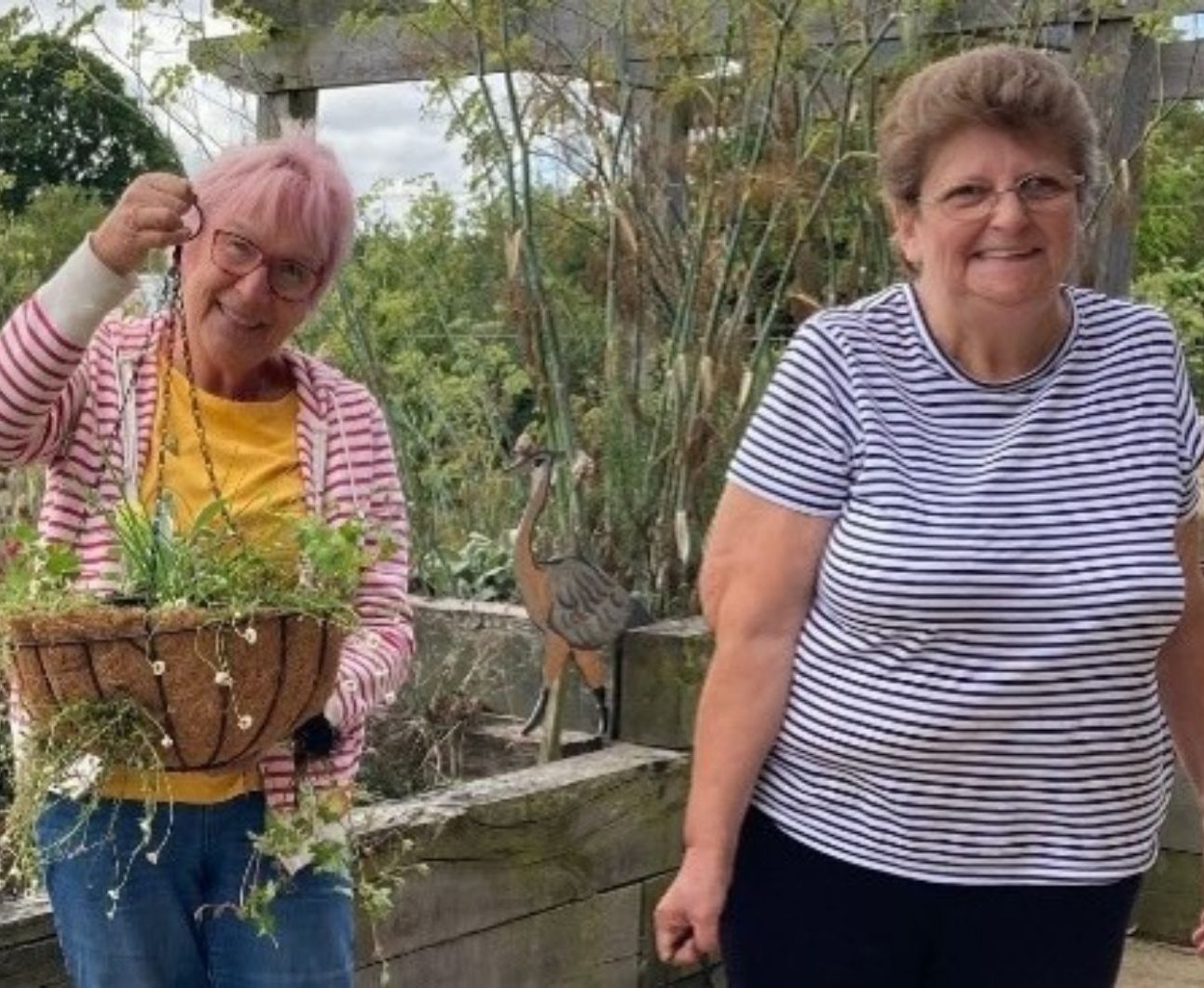Wildflower Plant Nursery
Cumbria Wildlife Trust’s commitment involves restoring and connecting wild places, addressing the climate emergency by promoting sustainable practices for a resilient future and empowering individuals and communities to local action for wildlife.
The Steps to Sustainability opportunity came at a pivotal time for Cumbria Wildlife Trust. Amidst pandemic challenges, innovative ideas such as Green Burials, Experience Days, and a Plant Nursery were envisioned.
The project’s focus evolved from Green Burials to the Plant Nursery during the programme. The Profit Purpose matrix, introduced during facilitated sessions, played a crucial role in this strategic shift, identifying the nursery as the ‘star’ opportunity.

Programme Impact
We interviewed Helen Duxbury, Development Manager, about her experience with the Steps to Sustainability programme.
Helen spoke about how the programme emerged as a strategic initiative to navigate financial constraints and pandemic challenges. It provided a platform for experimentation with new ideas, leading to successful ventures like the seed bank and Experience Days/Tours. The programme facilitated adaptive responses to unforeseen challenges.
Tools used within the facilitated element of the programme, such as De Bono’s ‘Hats,’ the supported buddy visits and, as mentioned, the Profit Purpose Matrix, have become integral in shaping Cumbria Wildlife Trust’s approach to project development, creating a legacy of clarity and innovation.
Tangible outputs from the programme include the installation of a new polytunnel, significantly enhancing the capability to grow thousands of plants. The polytunnel has become a crucial asset, supplying internal and external projects alike, highlighting the success of the project.
Participation in the Steps to Sustainability program provided the luxury of dedicated time away from daily responsibilities, allowing for immersive learning and strategic planning.
The team’s stand-out moments from the programme were:





